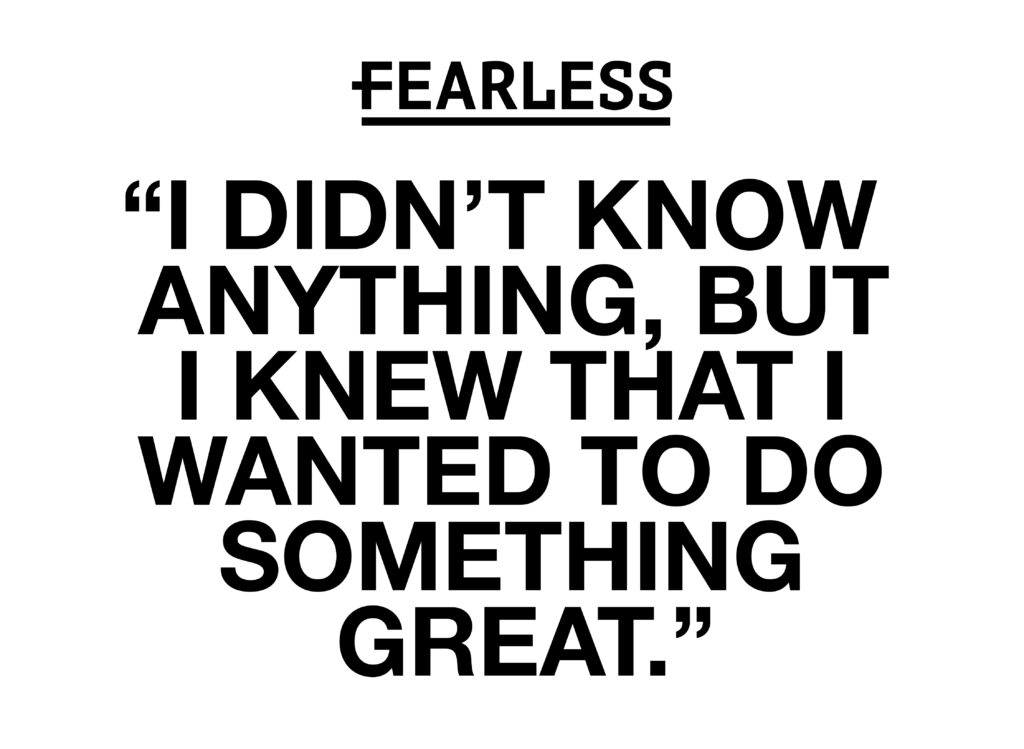NOTEBOOK: What’s the border between public relations and news?

KATE HAYDEN Sep 26, 2019 | 6:18 pm
2 min read time
460 wordsBusiness Record Insider, Innovation and Entrepreneurship, The Insider Notebook
A couple of weeks ago I had a chance to visit the Iowa AgriTech Accelerator for a media and public relations Q&A session with the accelerator’s startups.
Tina Mowry Hadden, president of Mowry Strategies, and I sat down with founders of a few of the AgriTech’s startups, along with interim director Kerty Levy, incoming executive director Nadilia Gomez and program coordinator Allison Sims. Most of these startups said they’ve had little experience speaking with media or public relations experts previously — our job for this panel was to explain our jobs, and it was a starting point for a really great discussion on the role of media between us and these founders.
While some of these points might be old news to our readers, maybe it’s a chance to share with a younger professional you are mentoring. Here are a few takeaways from our discussion:
Organize your thoughts before pitching your story
“We think that all this PR stuff is really organic, and people just sit down and start talking,” Mowry Hadden told the group. “Practicing your pitch and practicing what is your sound bite … and having someone sit across from you and ask you really tough questions — whether it be about cost or your funders — know how you’re going to answer that.”
If you take the time to reach out to a media organization, understand why that organization should cover your business, I added: “I may think your product is very cool. But if it doesn’t fit my readership, I’m not the right person to come to.”
Also, be prepared for questions you’ve never seen before.
“You can prepare, but you can’t expect them to give you the questions in advance, because that goes against everything that journalism is based on,” Mowry Hadden said.
How public do you make a moral position?
One startup founder asked us to weigh in on how important it was for new startups to take a public moral position on challenges in industries, such as data privacy. This question prompted a lot of discussion among everyone, and I wouldn’t say we came to a conclusive answer. No one can guarantee whether a moral stake will attract or chase away potential customers.
We did arrive at a “guiding light” kind of framework for business practice: Don’t lie to the media or misrepresent your position. Be consistent across your team. Not every business will approach commenting on public issues the same way.
“If the issue is crucial to your business, such as automation, labor force, those types of big issues, and you’re actually thinking through and making sure you have a solid message even if it’s an evolving one … you can kind of work that into your story,” Levy said.









